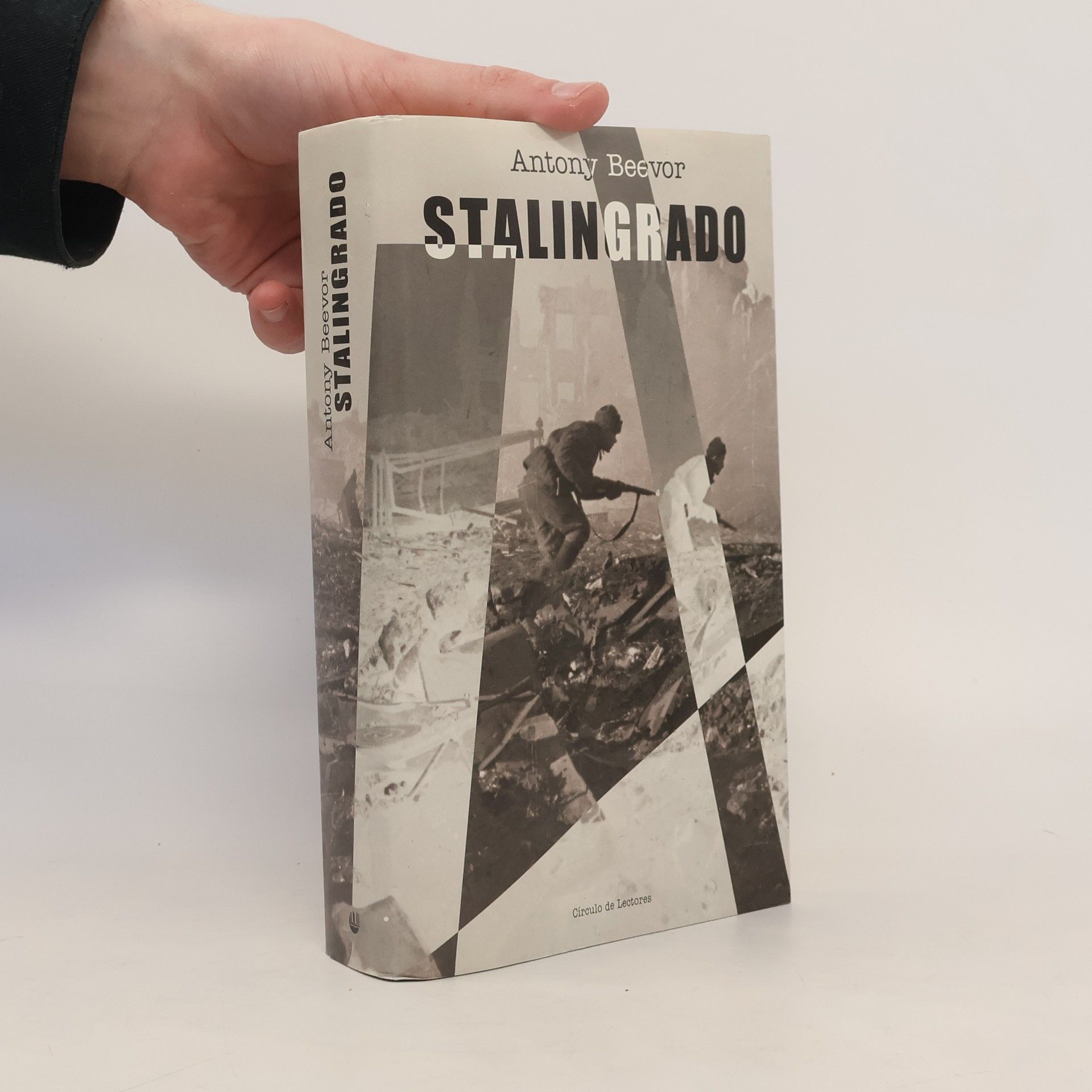Stalingrado
- 538 páginas
- 19 horas de lectura
In October 1942, a Panzer officer noted the desolation of Stalingrad, stating, "Stalingrad is no longer a town... only men endure." The battle for this city became a pivotal clash between Hitler and Stalin on the eastern front, marked by unimaginable hardship for its citizens and brutal hand-to-hand combat. The Red Army's eventual victory signified the failure of Hitler's Operation Barbarossa and marked the beginning of his decline, representing the first significant defeat of his territorial ambitions in Europe. This account highlights not only the tactical brilliance and civilian courage displayed during the conflict but also reshapes our understanding of warfare. The narrative reveals the profound impact of the Soviet war effort, showcasing the realities of battle through a compelling lens. Critics have praised the work as a superb retelling that combines military insight with engaging storytelling. Renowned author Antony Beevor, who has received multiple prestigious awards for his historical writings, presents a meticulously researched exploration of this transformative moment in history, which has captivated nearly four million readers.
